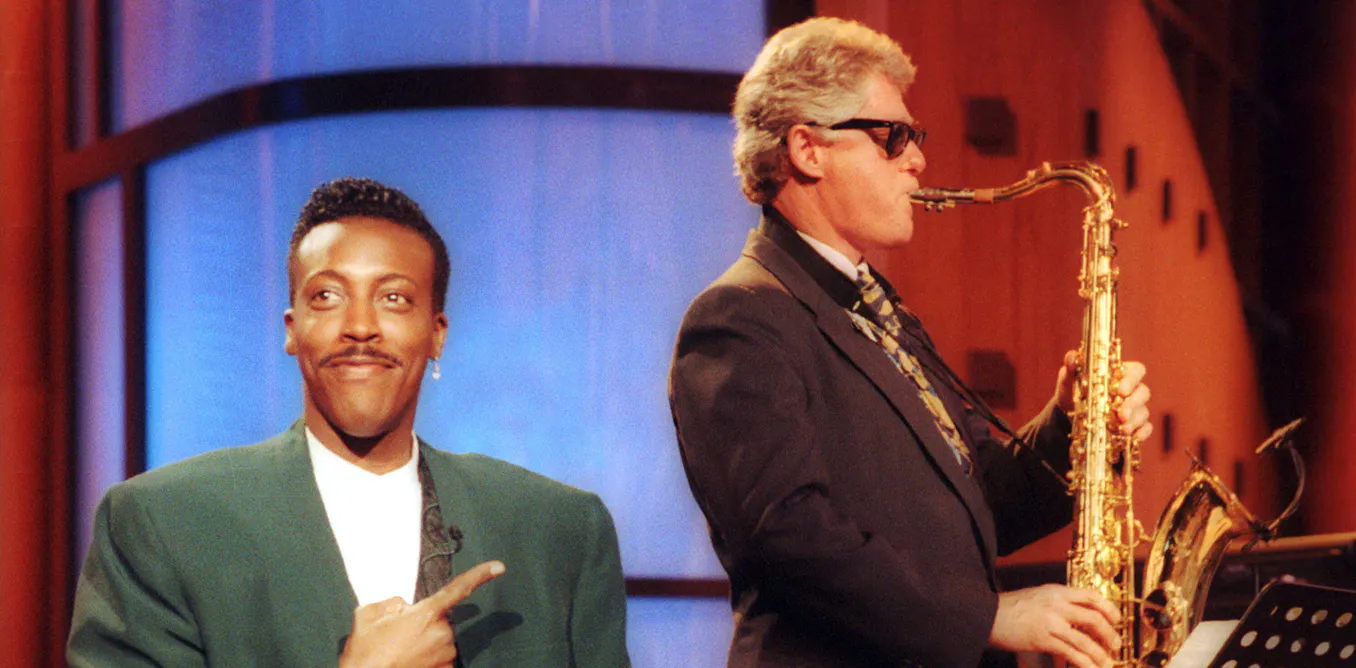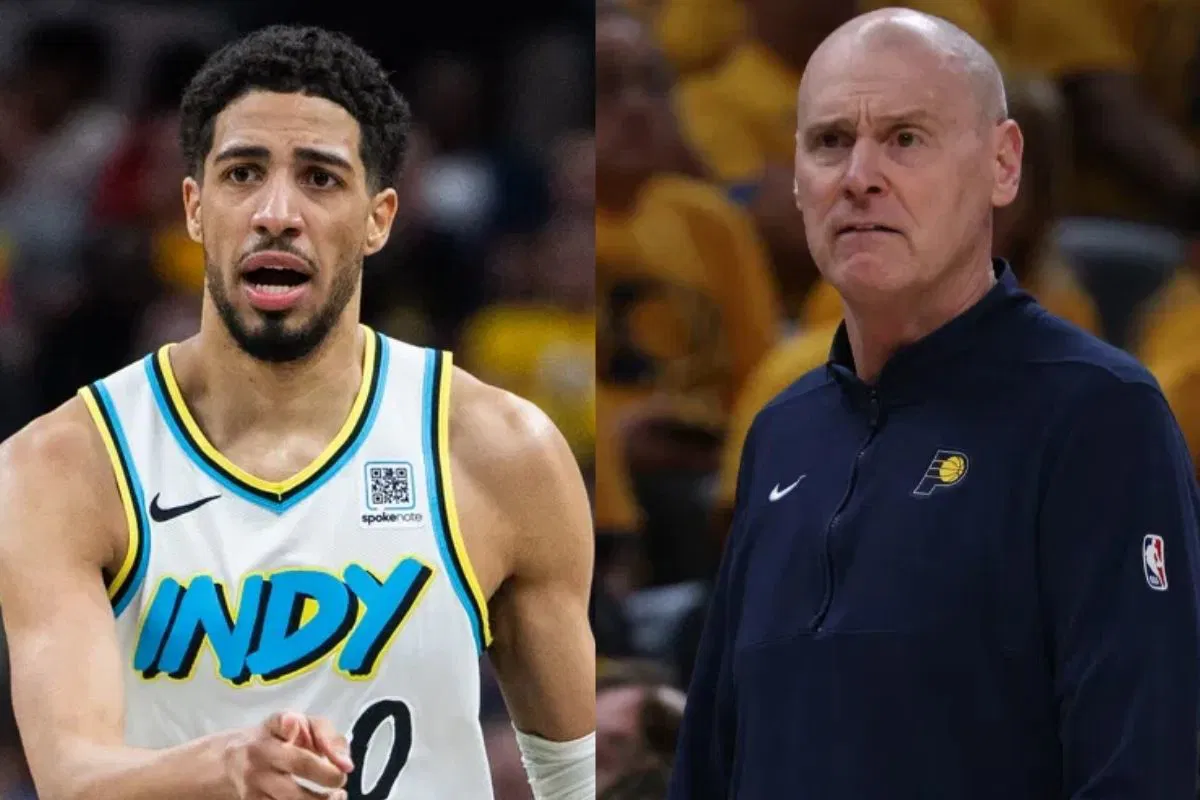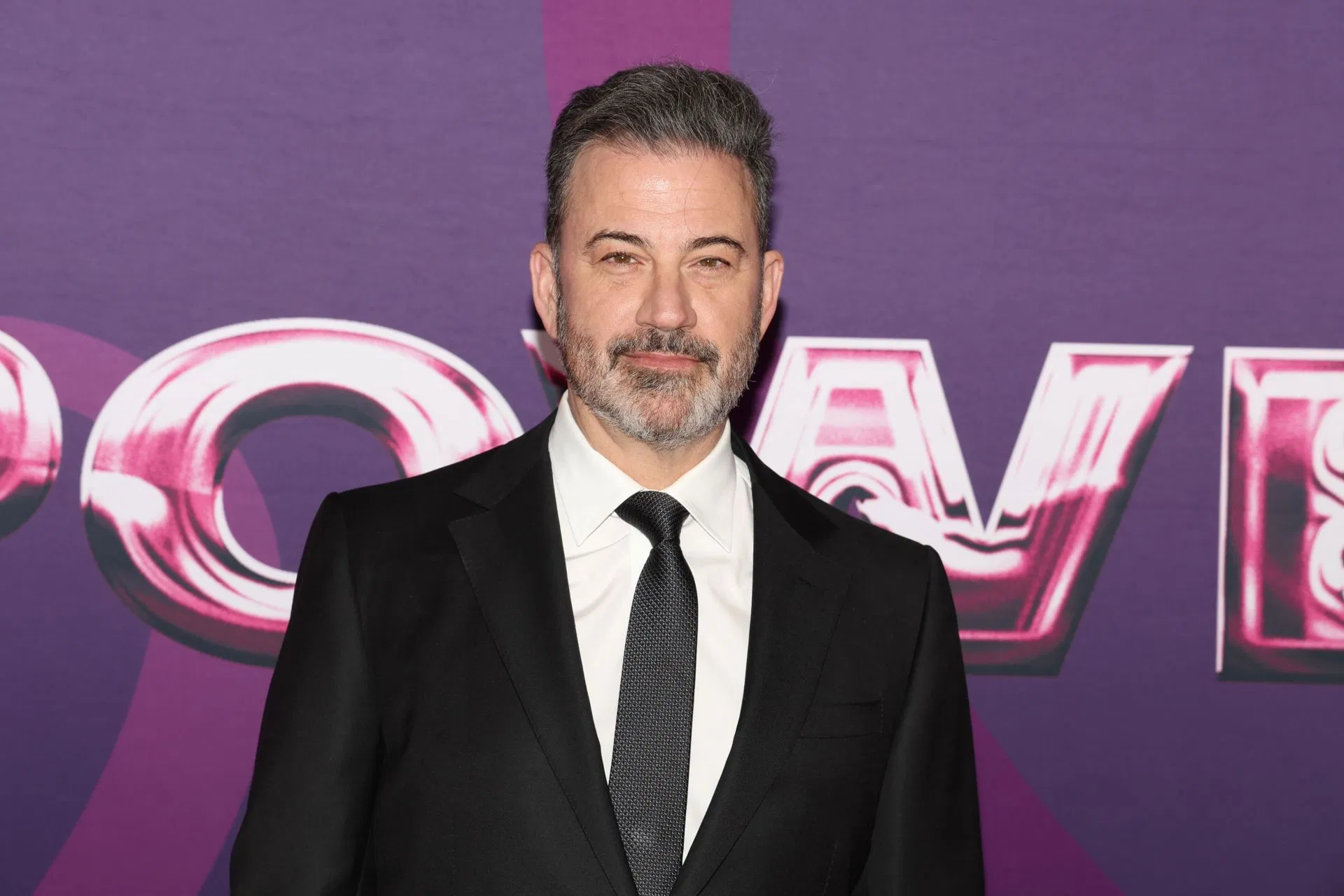Late-night TV in the US has a storied history of political commentary and presidential engagement
By Birmingham City University,Faye Davies,Senior Lecturer in Media and Cultural Theory
Copyright theconversation

Earlier this month, it looked as if late-night talk show host Jimmy Kimmel had lost his job after his network, ABC, pulled his show over controversial comments he made about the death of Charlie Kirk. But within a week he was back, and his show Jimmy Kimmel Live! gained its highest ratings in more than a decade.
It was Kimmel’s first show back on the air after ABC lifted his suspension as a result of public pressure. Kimmel had prompted outrage including from the US president, Donald Trump, and his Maga supporters after he accused what he called “the Maga gang” of attempting to capitalise on Kirk’s murder.
ABC’s decision to pull Kimmel off the air gained global attention. Trump celebrated on his TruthSocial platform, citing what he said were Kimmel’s poor ratings and lack of talent. But Kimmel’s fans – and supporters of free speech in the US and beyond – cancelled their subscriptions to Disney, ABC’s owner.
Disney relented and ABC reinstated Kimmel. But the episode – as well as comments from Trump that networks whose shows were opposed to him should “maybe” have their licences “taken away” – has raised fears and prompted questions about free speech, state intervention and censorship in the US.
Late-night shows have been a cornerstone of the American media landscape since the late 1940s. They typically air after the evening news and their hosts, usually comedians, tend to open with a monologue which takes in and provides a humorous commentary on the news.
Read more:
Jimmy Kimmel is back, but how much longer will late-night comedy last?
The Tonight Show’s host Johnny Carson introduced the witty introductory speech in the 1960s. Late-night political satire in the US has tended to focus on scandalous and controversial decisions, with a distinct focus on the personalities and actions of prominent public figures. Many previous presidents have been targeted but they haven’t shied away from engaging with the format. Both Richard Nixon and John Kennedy appeared on The Tonight Show in the 1960s, as did Ronald Reagan in the mid 1970s. Bill Clinton appeared on The Arsenio Hall Show as a saxophone-playing presidential hopeful in 1992.
David Letterman hosted George W. Bush in 2000. Barack Obama appeared on Saturday Night Live as a candidate before he became the first sitting president to join late-night host Jay Leno in 2009. Surprisingly, even Donald Trump hosted the satirical sketch show Saturday Night Live in 2004 and then again as candidate in 2015.
It’s a powerful medium that reaches diverse audiences, and in some instances can sway opinion. Research has found that Carson’s coverage had an impact on public opinion around the Watergate scandal against then sitting president Nixon.
Political satire tends to be focused on comic metaphors and embellishment – and so not all presidents make for good jokes. For instance, Obama didn’t provide enough scandal for content.
But the twice-impeached Trump has offered endless fodder for late-night political satire. Hosts jumped on his suggestion that injecting disinfectant might be able to treat COVID-19. They found much to prod at through the Stormy Daniels scandal.
That was during his last presidency, however. This time round he seems less open to the jokes.
Read more:
New York Times v Sullivan: the 60-year old Supreme Court judgment that press freedom depends on in Trump era
Feeling the heat
Speaking soon after Kimmel made his comments, the government official responsible for licensing ABC’s local stations publicly pressured the company to punish Kimmel. Speaking on right-wing podcaster Benny Johnson’s show, the chair of the Federal Communications Commission (FCC), Brendan Carr said: “These companies can find ways to change conduct and take actions on Kimmel, or there’s going to be additional work for the FCC ahead.” It was a clear warning that action restricting content appeared to be looming.
Disney and ABC were clearly panicked and Kimmel was pulled off air.
After Kimmel’s suspension, the world of late night rallied around him. Meyers said on his show, Late Night with Seth Meyers that the situation, “has experts worried that we are rapidly devolving into repressive autocracy in the style of Russia or Hungary”. Stephen Colbert, host of The Late Show – which will be discontinued in 2026 – maintained he stood with Kimmel warning that “with an autocrat, you cannot give an inch”. He called ABC “naive” for pulling Kimmel off the air.
Even former US president Barack Obama spoke up, claiming that muzzling reporters and commentators was dangerous government coercion.
As the clampdown on late-night shows develops, Kimmel and Colbert’s situations raise significant questions about free speech and the scope of political satire in “the land of the free”.
Read more:
The First Amendment: what it really means for free speech and why Donald Trump is trampling on it
Kimmel: contrite yet defiant
After his cancellation was reversed, Kimmel returned with an emotional and defiant 28-minute monologue. He appeared visibly moved when making it clear that: “It was never my intention to make light of the murder of a young man. I don’t think there’s anything funny about it.” Kimmel emphasised that he wasn’t laying the blame for Kirk’s death on any political side – and had been trying the achieve precisely the opposite.
Central to Kimmel’s return was his strong reaffirmation of satire’s role in American political discourse with a nod to all sides of the political spectrum: “I want to thank the people who don’t support my show and what I believe, but support my right to share those beliefs anyway.”
And, while it appears Trump is doubling down on his threats, so far the backlash and resulting debate over free speech, cancel culture, and social media will keep the late-night genre part of US primetime for now.
Looking for something good? Cut through the noise with a carefully curated selection of the latest releases, live events and exhibitions, straight to your inbox every fortnight, on Fridays. Sign up here.



